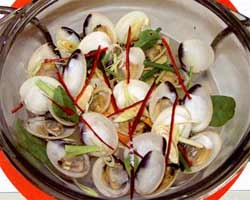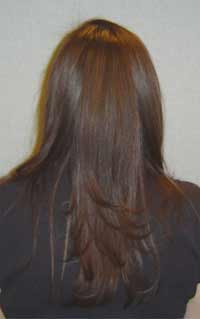 If you have trouble sleeping or wake up at midnight without stress or illness, it’s time to review your diet. Consuming too much protein (meat, fish) can delay sleep onset.
If you have trouble sleeping or wake up at midnight without stress or illness, it’s time to review your diet. Consuming too much protein (meat, fish) can delay sleep onset.
You might skip breakfast, have a hasty lunch, or enjoy an extravagant dinner… Sometimes you may overlook the importance of your meals. An unbalanced diet can severely harm your body without you realizing it. Here are 5 signs that indicate you might not be eating properly.
Fatigue
From ordinary tiredness to extreme fatigue, this is one of the most common signs reflecting poor dietary habits. You may be lacking calcium, sugar, or salt. To regain your strength, simply balance your diet regularly, especially ensuring a nutritious breakfast. Carbohydrates are also a vital fuel source for the body, providing energy for muscles and being essential for the nervous system and brain.
Insomnia
Your sleep can be affected by your diet. Excessive protein intake (meat, fish) can delay sleep. Similarly, coffee, tea, or carbonated drinks can disrupt sleep patterns. An ideal dinner should be light and consumed 2 hours before bedtime. Prioritize consuming plenty of vegetables (salads or steamed) and carbohydrate-rich foods (as they act like sedatives). When it comes to dessert, opt for fruits.
Hair Loss
 Proteins are essential for renewing tissues (hair, skin, nails…). A deficiency in protein depletes reserves and negatively affects the condition of hair, skin, nails, and mucous membranes. Protein intake should be distributed across three meals a day. The most abundant protein sources are animal-based: meat, fish, and dairy. Also, a lack of vitamin A (carrots, dark leafy greens, apricots), vitamin B (grains, fish, yogurt, eggs), vitamin E (dried fruits, oils, wheat germ), and zinc (oysters, poultry, grains, and oily fruits) can easily lead to hair loss.
Proteins are essential for renewing tissues (hair, skin, nails…). A deficiency in protein depletes reserves and negatively affects the condition of hair, skin, nails, and mucous membranes. Protein intake should be distributed across three meals a day. The most abundant protein sources are animal-based: meat, fish, and dairy. Also, a lack of vitamin A (carrots, dark leafy greens, apricots), vitamin B (grains, fish, yogurt, eggs), vitamin E (dried fruits, oils, wheat germ), and zinc (oysters, poultry, grains, and oily fruits) can easily lead to hair loss.
Constipation
Frequent constipation (less than 3 times a week) is often due to an unbalanced diet low in fiber. The remedy is simple: primarily consume high-fiber foods, grains and grain products, vegetables, and fruits. Bloating and gas can be alleviated by regularly eating dried beans and leafy greens…
Kidney Stones
Consuming excessive amounts of calcium-rich foods, especially combined with long-term vitamin D treatment, can lead to the accumulation of calcium crystals and the formation of kidney stones. If blocked, these stones can cause severe colonic pain and adversely affect kidney function. The body’s water requirement is 2-2.5 liters per day. If you are dehydrated, urine becomes more concentrated, leading to the accumulation of waste products.



















































